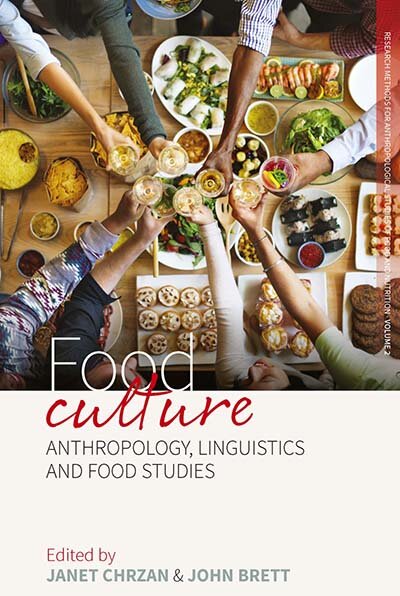
Exploring the Intricacies of Culinary Anthropology
Unveiling the Cultural Tapestry
Culinary anthropology, a fascinating field nestled at the intersection of food and culture, offers a profound lens through which to understand human societies. It delves into the intricate tapestry of culinary traditions, unraveling the stories, rituals, and beliefs woven into every dish. At its core, culinary anthropology is not merely about the consumption of food but about the myriad ways in which food shapes and reflects our cultural identities.
The Global Gastronomic Journey
Embarking on a journey through culinary anthropology is akin to traversing the globe, sampling the diverse flavors and textures of humanity. From the spicy street foods of Asia to the hearty stews of Europe, each culinary tradition tells a unique tale of history, geography, and social dynamics. Through the study of foodways, researchers gain insight into how communities interact with their environments, adapt to change, and forge connections with one another.
Uncovering Historical Palates
One of the most captivating aspects of culinary anthropology is its ability to unearth the flavors of the past. By examining ancient recipes, archaeological findings, and historical texts, scholars can reconstruct the culinary practices of bygone civilizations. These culinary artifacts serve as windows into the past, offering tantalizing glimpses of the ingredients, techniques, and tastes that once graced the tables of our ancestors.
Feasting on Rituals and Traditions
Food is not merely sustenance; it is also a vessel for cultural expression and social cohesion. From elaborate feasts to everyday meals, culinary rituals play a central role in shaping communal bonds and identities. Whether it’s the symbolism of a wedding feast or the reverence of a religious offering, every culinary tradition is steeped in meaning and significance, reflecting the values and beliefs of its practitioners.
Adapting to Modernity
While culinary anthropology often delves into the depths of history, it is also keenly attuned to the dynamics of modern food cultures. In an era of globalization and rapid technological change, traditional culinary practices are constantly evolving and adapting. Researchers explore how globalization, migration, and urbanization shape the ways in which people produce, distribute, and consume food, leading to the emergence of new culinary landscapes and hybrid cuisines.
Challenges and Controversies
Despite its many insights and revelations, culinary anthropology also grapples with its fair share of challenges and controversies. Cultural appropriation, food insecurity, and unsustainable agricultural practices are just a few of the issues that demand critical examination. Moreover, the power dynamics inherent in food systems, including issues of access, equity, and justice, underscore the need for a more inclusive and equitable approach to studying food and culture.
Looking Ahead
As we peer into the future, the field of culinary anthropology holds boundless possibilities for exploration and discovery. By continuing to probe the interconnections between food, culture, and society, researchers can shed light on some of the most pressing challenges facing our planet today. Whether it’s unraveling the mysteries of ancient cuisines or navigating the complexities of contemporary food systems, culinary anthropology offers a rich and rewarding journey for those willing to embark on it. Read more about culinary anthropology
